Denny Zeitlin - Solo Piano: Remembering Miles (2019) [Hi-Res]
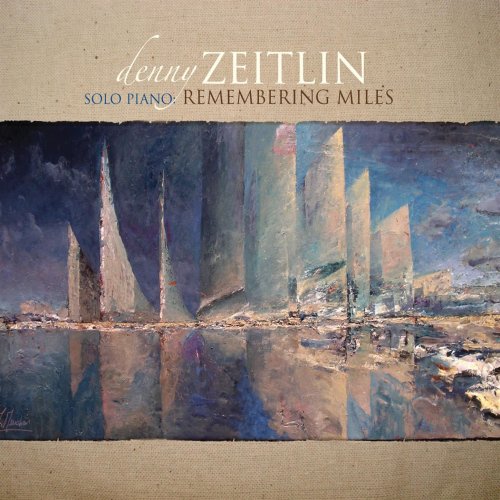
Artist: Denny Zeitlin
Title: Solo Piano: Remembering Miles
Year Of Release: 2019
Label: Sunnyside Communications
Genre: Jazz
Quality: FLAC (tracks, booklet) [96kHz/24bit]
Total Time: 1:17:10
Total Size: 1.2 GB
WebSite: Album Preview
Tracklist:Title: Solo Piano: Remembering Miles
Year Of Release: 2019
Label: Sunnyside Communications
Genre: Jazz
Quality: FLAC (tracks, booklet) [96kHz/24bit]
Total Time: 1:17:10
Total Size: 1.2 GB
WebSite: Album Preview
01 Solar
02 Dear Old Stockholm
03 Flamenco Sketches
04 Stablemates
05 Tomaas
06 Milestones (1958 Version)
07 Milestones (1947 Version)
08 Circle
09 So Near, So Far
10 Time After Time
11 Lament
12 The Theme
13 Weirdo
The great pianist Denny Zeitlin has always been interested in surprising listeners (and himself!) with his improvisational explorations on his original pieces and those from other composers. For the past five years, Zeitlin has been focusing on a single composer to reinterpret on solo piano for his yearly residency at the Piedmont Piano Company in Oakland, California. In December 2016, he decided on the singular trumpeter and musical iconoclast, Miles Davis. Zeitlin’s new Remembering Miles is a recording of this spellbinding performance.
The Piedmont Piano Company has been a Bay Area stalwart for decades. In 2004, they began to have live performances in their showroom. Zeitlin was an early addition to their performance roster. The room proved to be a perfect setting for his playing, as the audience has always been informed, appreciative and ready to interact with the performer. The fine acoustics, the amazing staff, and the ability to pick amongst the showroom’s many fine pianos, have made the room one of Zeitlin’s favorite performance places.
Zeitlin’s first composer focus was early Wayne Shorter. This was followed by Thelonious Monk, Miles Davis, Billy Strayhorn, and George Gershwin. The creation of these programs has been an organic process, which involved reinvestigating recordings; polling musical friends on appropriate repertoire; living with potential selections and allowing them to evolve; and finally deciding what would be the most engaging pieces to play.
Zeitlin would end up with about fifteen pieces that would both honor the composer’s intention and provide room for deep improvisational investigation. Zeitlin thinks of the compositional material as terrain for him to explore; the broader and deeper the terrain, the more penetrating his improvisations, with all the choices of color, tempo and mood that Zeitlin seems to make intuitively.
Miles Davis was so much more than a jazz trumpeter. He was a bellwether. An innovator. A composer and an appropriator. He was also one of Zeitlin’s most pervasive early influences. The trumpeter found a way to gather astounding musicians and then prod them into the most brilliant feats of group creation on the bandstand. For this, Davis would use material of his own or compositions that he would make his own. Zeitlin chose to mirror these efforts by picking material not only attributed to Davis but also pieces Davis adopted, a bit different than Zeitlin’s past projects where all of the compositions were composed by the one composer.
The program begins with an expansive take on Davis’s (or Chuck Wayne’s) “Solar,” Zeitlin focusing energy in the lower piano registers and transposing harmonically down in thirds. Davis’s adaptation of a Swedish folk song, “Dear Old Stockholm,” is performed in a bright, mid-paced swing, while the Bill Evans assisted “Flamenco Sketches” goes farther afield under Zeitlin’s hands than its typical modal treatment. Benny Golson’s unusually structured “Stablemates” gets an expansive treatment, with ebbs and flows, while the Davis and Marcus Miller piece “Tomaas” from Tutu takes on a impressionistic, avant-garde air with prepared piano and a pointillistic approach from Zeitlin.
Zeitlin provides two takes of Davis’s “Milestones” from recordings eleven years apart. First is the 1958 version which is done in a modal style introduced by Davis at the time, while the 1947 version is done with a more sophisticated bebop feel, in line with the style that purported composer John Lewis might have originally intended. The lilting “Circle” is a beautiful waltz that is opened to free improvisation. Crombie and Green’s composition, “So Near, So Far,” provides rhythmic puzzles, as Zeitlin reinterprets the tune in 5/4 & 4/4 time and then deconstructs Cyndi Lauper and Rob Hyman’s “Time After Time” in a fascinating style.
Celebrating the work of Davis with Gil Evans, Zeitlin spins a tale on the gorgeous J.J. Johnson ballad, “Lament,” which Davis and Evans recorded on their collaborative Miles Ahead. Zeitlin’s feisty version of “The Theme” takes its chord changes from “I Got Rhythm” and its stylistic approach from Art Blakey’s Jazz Messengers. “Weirdo” is an idiosyncratic blues that grooves with a colorful flair.
Denny Zeitlin has spent his life exploring the possibilities of creative expression in sound. His recent focus on the wonderful music of jazz’s most celebrated composers has been inspired. Zeitlin’s take on the musical legacy of Miles Davis on his new recording Remembering Miles provides a perfect example of breathing new life into lionized material.
The Piedmont Piano Company has been a Bay Area stalwart for decades. In 2004, they began to have live performances in their showroom. Zeitlin was an early addition to their performance roster. The room proved to be a perfect setting for his playing, as the audience has always been informed, appreciative and ready to interact with the performer. The fine acoustics, the amazing staff, and the ability to pick amongst the showroom’s many fine pianos, have made the room one of Zeitlin’s favorite performance places.
Zeitlin’s first composer focus was early Wayne Shorter. This was followed by Thelonious Monk, Miles Davis, Billy Strayhorn, and George Gershwin. The creation of these programs has been an organic process, which involved reinvestigating recordings; polling musical friends on appropriate repertoire; living with potential selections and allowing them to evolve; and finally deciding what would be the most engaging pieces to play.
Zeitlin would end up with about fifteen pieces that would both honor the composer’s intention and provide room for deep improvisational investigation. Zeitlin thinks of the compositional material as terrain for him to explore; the broader and deeper the terrain, the more penetrating his improvisations, with all the choices of color, tempo and mood that Zeitlin seems to make intuitively.
Miles Davis was so much more than a jazz trumpeter. He was a bellwether. An innovator. A composer and an appropriator. He was also one of Zeitlin’s most pervasive early influences. The trumpeter found a way to gather astounding musicians and then prod them into the most brilliant feats of group creation on the bandstand. For this, Davis would use material of his own or compositions that he would make his own. Zeitlin chose to mirror these efforts by picking material not only attributed to Davis but also pieces Davis adopted, a bit different than Zeitlin’s past projects where all of the compositions were composed by the one composer.
The program begins with an expansive take on Davis’s (or Chuck Wayne’s) “Solar,” Zeitlin focusing energy in the lower piano registers and transposing harmonically down in thirds. Davis’s adaptation of a Swedish folk song, “Dear Old Stockholm,” is performed in a bright, mid-paced swing, while the Bill Evans assisted “Flamenco Sketches” goes farther afield under Zeitlin’s hands than its typical modal treatment. Benny Golson’s unusually structured “Stablemates” gets an expansive treatment, with ebbs and flows, while the Davis and Marcus Miller piece “Tomaas” from Tutu takes on a impressionistic, avant-garde air with prepared piano and a pointillistic approach from Zeitlin.
Zeitlin provides two takes of Davis’s “Milestones” from recordings eleven years apart. First is the 1958 version which is done in a modal style introduced by Davis at the time, while the 1947 version is done with a more sophisticated bebop feel, in line with the style that purported composer John Lewis might have originally intended. The lilting “Circle” is a beautiful waltz that is opened to free improvisation. Crombie and Green’s composition, “So Near, So Far,” provides rhythmic puzzles, as Zeitlin reinterprets the tune in 5/4 & 4/4 time and then deconstructs Cyndi Lauper and Rob Hyman’s “Time After Time” in a fascinating style.
Celebrating the work of Davis with Gil Evans, Zeitlin spins a tale on the gorgeous J.J. Johnson ballad, “Lament,” which Davis and Evans recorded on their collaborative Miles Ahead. Zeitlin’s feisty version of “The Theme” takes its chord changes from “I Got Rhythm” and its stylistic approach from Art Blakey’s Jazz Messengers. “Weirdo” is an idiosyncratic blues that grooves with a colorful flair.
Denny Zeitlin has spent his life exploring the possibilities of creative expression in sound. His recent focus on the wonderful music of jazz’s most celebrated composers has been inspired. Zeitlin’s take on the musical legacy of Miles Davis on his new recording Remembering Miles provides a perfect example of breathing new life into lionized material.
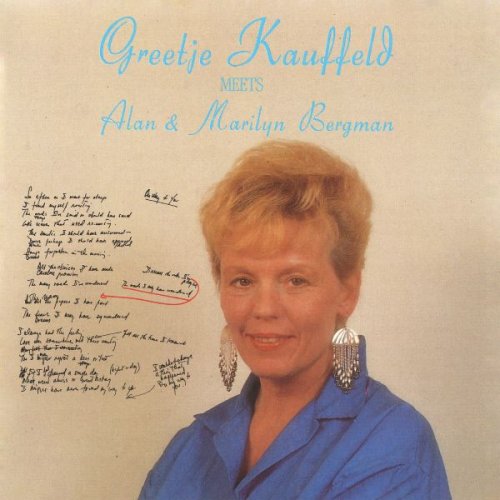
![George Wein & The Storyville Sextet - Metronome Presents Jazz at the Modern (Live / Remastered 2014) (2026) [Hi-Res] George Wein & The Storyville Sextet - Metronome Presents Jazz at the Modern (Live / Remastered 2014) (2026) [Hi-Res]](https://www.dibpic.com/uploads/posts/2026-02/1770798976_cover.jpg)
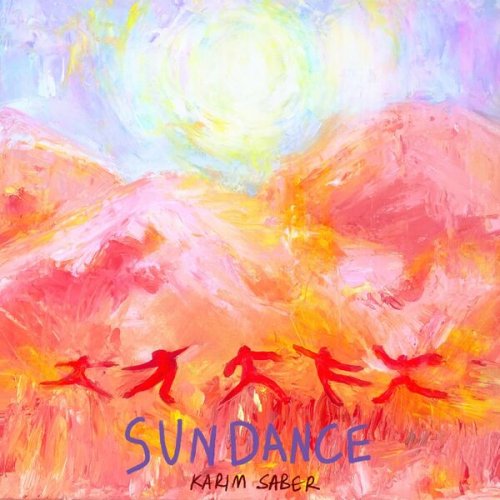
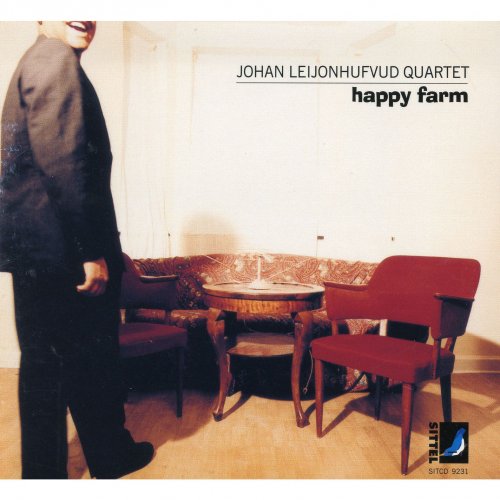
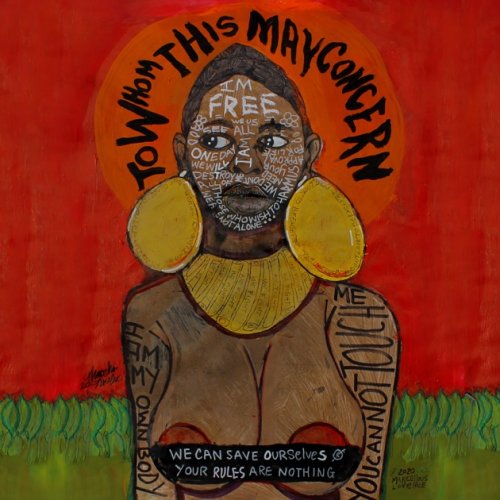

![Momoko Gill - Momoko (2026) [Hi-Res] Momoko Gill - Momoko (2026) [Hi-Res]](https://www.dibpic.com/uploads/posts/2026-02/1770838961_a3258795048_10.jpg)
![Aleph Aguiar - Sugar on my Blackbeans (2026) [Hi-Res] Aleph Aguiar - Sugar on my Blackbeans (2026) [Hi-Res]](https://www.dibpic.com/uploads/posts/2026-02/1770897015_f61fqxvf9z2t0_600.jpg)
![Herbie Mann - East Coast Jazz / 4 (Remastered 2014) (2026) [Hi-Res] Herbie Mann - East Coast Jazz / 4 (Remastered 2014) (2026) [Hi-Res]](https://www.dibpic.com/uploads/posts/2026-02/1770799757_u38b9gzog0i62_600.jpg)